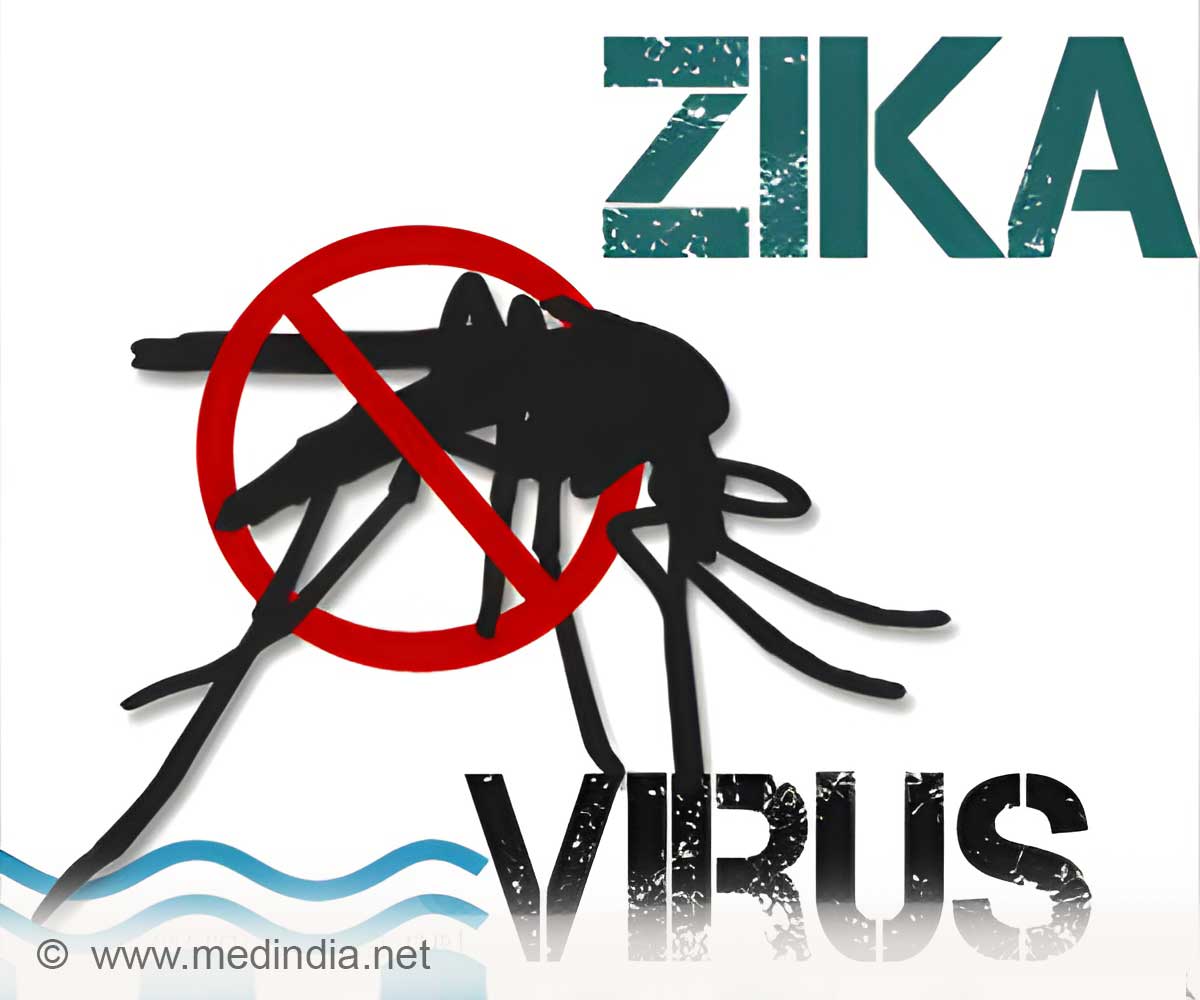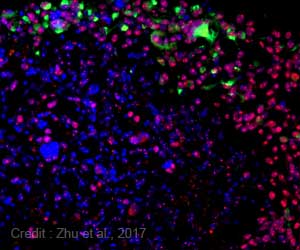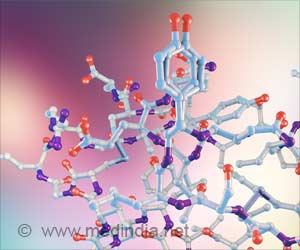A mixture of three potent monoclonal antibodies were completely able to block Zika virus infection in laboratory primates.

‘Lack of measurable virus levels in the blood and an immune response in animals treated with the antibody cocktail shows that the virus had been blocked completely.’





"ZIKV infection is a serious, ongoing public health threat to South Florida, the Caribbean, Latin America and other regions around the world," Watkins said. "If a Zika outbreak occurs in a metropolitan area like Miami, the only way to prevent infection is to avoid the Aedes aegypti mosquitoes that carry the virus. Therapies to prevent maternal Zika virus infection and its subsequent fetal developmental complications are urgently required."
Working closely with Burton and Tom Rogers, M.D., Ph.D., from the Scripps Research Institute in La Jolla, California, Watkins’ laboratory team used a cocktail of three monoclonal antibodies to treat four monkeys. These three potent ZIKV-neutralizing monoclonal antibodies - called SMZAb1, SMZAb2, and SMZAb5 - were isolated by the Burton group from a South American patient.
"We administered a cocktail of these three antibodies to nonhuman primates one day before challenging them with Zika virus that had been isolated from a pregnant woman during the 2016 epidemic in Rio de Janeiro," he said. "To our surprise, this prophylactic treatment completely prevented the virus from taking hold in the animals."
In four control animals, the virus caused a fulminant infection that lasted for seven days, Watkins added. But there were no measurable virus levels in the blood of the four animals treated with the monoclonal combination, nor was there any immune system response, indicating the virus had been blocked completely.
Advertisement
Advertisement











